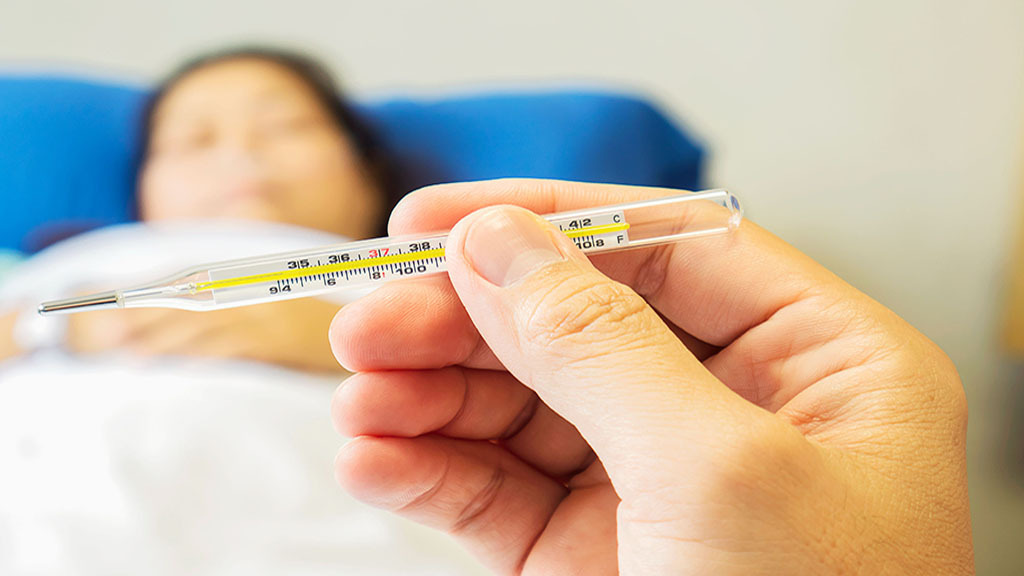
WHAT IS HAY FEVER?
Hay fever usually worse between late March and September, especially when it’s warm, humid and windy. This is when the pollen count is at its highest.
WHAT ARE CAUSES OF HAY FEVER?
Hay fever is an allergic reaction to the fine powder that plants produce, called pollen, usually when it comes into contact with your mouth, nose, eyes and throat.
WHAT ARE SYMPTOMS OF HAY FEVER?
HOW LONG DOSE HAY FEVER LAST?
The symptoms of hay fever can vary from person to person. Some people may experience a few days or weeks or months.
WHO CAN HAVE THE HAY FEVER TREATMENT SUITABLE FOR?
If you regularly experience hay fever symptoms every year, you should consider getting the private hay fever treatment before the start of the season. The doctor will discuss this with you. People over 18 can have the private hay fever treatment. You may be asked proof of identity at your appointment.
WHO CANNOT HAVE THE HAY FEVER TREATMENT?
IS KENALOG BANNED IN THE UK?
At present, Kenalog is not licensed for the treatment of hay fever in the UK. This means it is currently a prescription-only medicine. Patients need to have a consultation with a Doctor to discuss their severe symptoms and determine whether it is a suitable treatment option for them.
WHAT ARE THE BENEFITS OF HAY FEVER TREATMENT?
If you have exhausted every other treatment option, a hay fever injection may ease your symptoms and help you get back to normal life.
HOW LONG DOES THE PRIVATE HAY FEVER TREATMENT LAST?
A Kenalog injection does not cure hay fever. It just temporarily suppresses the immune system enough to take away the symptoms in most people who need it. The potential problems from Kenalog last for about 3 weeks after the injection but many people find the relief from symptoms commonly lasts the entire season.
WHAT ARE THE SIDE EFFECTS OF THE HAY FEVER INJECTIONS?
CONSULTATION WITH YOUR GP
ALTERNATIVE TREATMENTS
HAY FEVER CONSULTATIONS IN LEEDS
Frequently Asked Questions
The cost of the Hayfever injection treatment is £55 per dose including a free medical consultation.
This is a gluteal injection (muscle at the top of your buttock) of a long acting steroid medicine.
This is a prescription only medicine, one of our trained professionals or prescribing pharmacists will help determine whether a hay fever shot is the right option for you.


